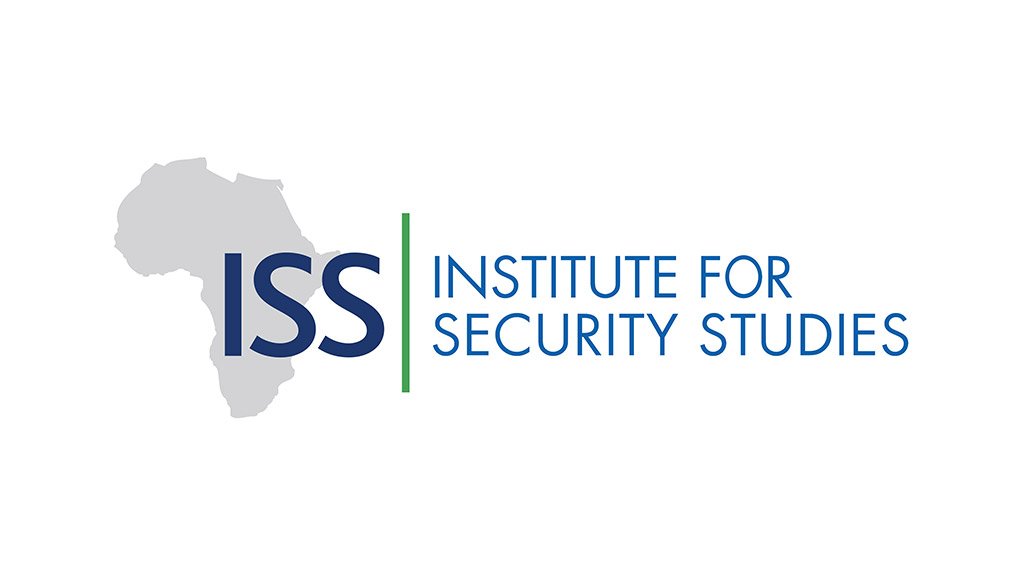Without access to social media data, ensuring voters have verifiable information rather than manipulated content is difficult.
Nationalist content and mudslinging have become part of the grammar of elections globally. The estimated 26-million South Africans using social media in the lead-up to the 29 May national vote will inevitably be exposed to this.
In such a highly contested election, information integrity is essential to ensure democratic principles prevail and votes are based on verifiable facts and opinions shaped by human minds – not machines or manipulated content.
Researchers monitoring disinformation will focus on two critical areas in the South African online landscape. First, generative artificial intelligence (AI) or synthetic media used to create deepfakes as part of disinformation campaigns. Second, techniques that create echo chambers by tricking the algorithm and limiting the feed of information we receive.
Institute for Security Studies (ISS) researchers are already observing coordinated techniques in South Africa that are similar to those used in other election settings. They include ‘follow trains’ (‘I will follow you if you follow me’-type activity to build engagement) and ‘hashjacking’. Hashjacking is when popular hashtags are hijacked – repurposed to push a particular agenda. Often, the communities that follow that hashtag are unaware of such manipulation.
Kenya’s 2022 election witnessed many of these techniques as part of what researchers identified as an active market for social media influence as a service. Cohorts of skilled influencers, often using university students as their lieutenants, worked around the clock to shape political narratives and influence information flows.
These influencers could command thousands of US dollars in service fees for manipulating and selling hashtags to political paymasters. In effect, they delivered a ready network or audience into which political messaging could be inserted.
In a South African setting, this may include geopolitical messaging given the prominence of the Ukraine-Russia and Israel-Palestine conflicts in national conversations. With advances in AI, the ability to shape messaging at scale and at speed is greatly enhanced.
Another trend identified in South Africa in a recent report by the Centre for Analytics and Behavioural Change (CABC) and Murmur was the digital equivalent of floor crossing. Analysing social networks associated with key political parties, the team observed the movement of anonymous core accounts from the African National Congress’ Radical Economic Transformation (RET) faction to the newly formed uMkhonto weSizwe party.
The RET faction was associated with the 2017 Gupta bots controversy, which saw the use of multiple fake automated accounts to flood social media platforms with a nationalist white monopoly capital narrative.
Given the history of apparent manipulation by RET using bots, the authenticity of such accounts is questionable. The report highlights how these accounts appear to flip overnight and switch political affiliation and messaging using the hashtag of another political party. It seems to be a form of consensual hashjacking, although it’s unclear whether the motive is political or commercial.
Democracies rest on the principles of free speech and access to information. To provide verifiable information, professional journalists in traditional newsrooms adhere to basic principles of fact-checking and double sourcing.
But the growing market of influence as a service has muddied the waters. ISS researchers found that influencers in Kenya’s 2022 election could earn up to US$7 000 just for generating a hashtag, and even more for amplifying certain content on a daily basis.
Researchers will only be able to fully appreciate the scale of this type of influence in South Africa after the elections. But early investigations by Daily Maverick indicate that the emerging market of influence as a service is shaping how voters receive political messaging.
So why does this online manipulation matter? CABC researchers say ‘authentic communications and clear statements of financial gain should be equally, if not more, important than when advertising a product or a service given the potential to influence election outcomes.’ This is similar to political parties declaring their advertising spend within the context of elections.
Yet to understand how online influence supports or threatens democracies, especially those where the usual checks and balances on power are limited, researchers must be able to access data.
The ISS is one of 11 research groups in South Africa supporting a Research ICT Africa-led initiative urging the companies that own digital platforms such as X, Facebook and TikTok to enable greater research access to data.
Signatories of a statement to the platforms warn that ‘independent monitoring of social media is key to combating online disinformation and hate speech that can harm election integrity.’ But access isn’t equal. The US and European Union have privileged access to such data, while Africa doesn’t. The African Union is being lobbied to support calls to level the playing field.
Furthermore, the signatories say greater access for accredited researchers across Africa is needed to not only monitor content and flag hate speech, but hold platform owners accountable ‘by assisting them in monitoring their own performance in addressing potentially harmful content.’
Several platforms including TikTok and Google are helping South Africa’s electoral authorities and civil society identify inauthentic content and detect covert influence operations during the election. But gaining help from platforms for researchers to access their Application Programming Interface is still being negotiated. Without that, conducting research at scale is costly and restrictive.
Notwithstanding these constraints, ISS is mapping disinformation during this election period and examining the use of generative AI to manipulate information and ultimately undermine democratic norms.
Written by Karen Allen Consultant, ISS Pretoria
EMAIL THIS ARTICLE SAVE THIS ARTICLE ARTICLE ENQUIRY
To subscribe email subscriptions@creamermedia.co.za or click here
To advertise email advertising@creamermedia.co.za or click here











